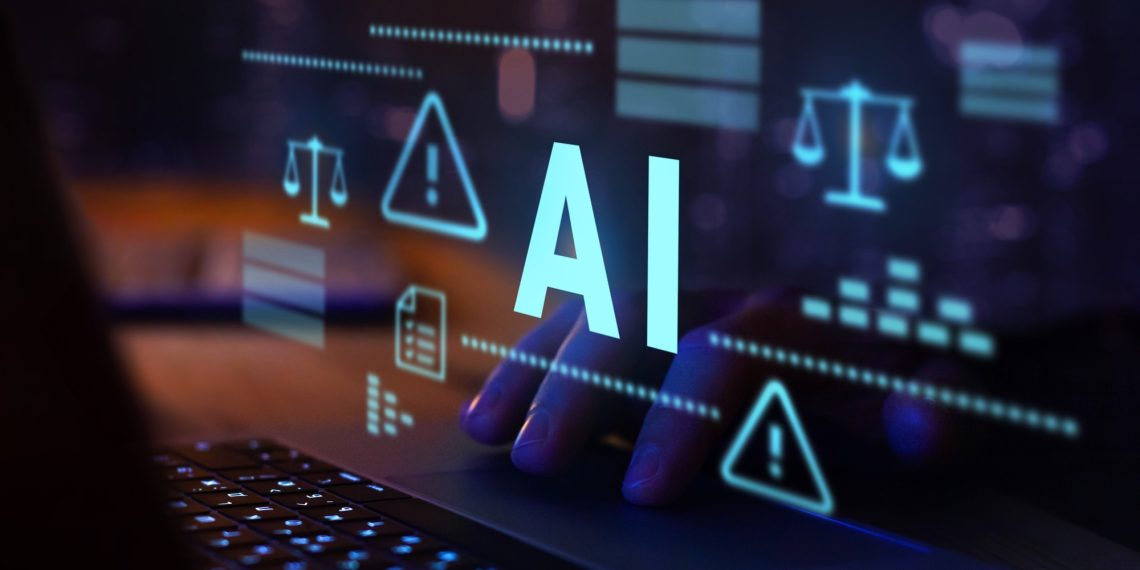AI-powered platforms are reshaping the $300 billion U.S. legal services sector by reducing costs, increasing access, and unlocking new market segments. Tools like LawGeek and DoNotPay are leading this change, using artificial intelligence to automate legal processes and expand contingency fee-based services beyond traditional cases.
LawGeek’s AI achieves 94% accuracy in contract review—outperforming human lawyers—and reduces review costs by 90%. This enables law firms to process more cases efficiently and profitably. For example, a firm using LawGeek can review thousands of contracts in a fraction of the usual time, freeing legal teams to focus on complex matters.
DoNotPay automates routine legal actions such as contesting parking tickets or filing insurance claims, making legal help available to consumers at lower costs. However, recent regulatory scrutiny, including an FTC settlement, highlights the need for compliance and transparency in AI-driven legal services.
The contingency fee model, where legal fees are only paid if the case is won, is expanding thanks to AI. This approach now covers a broader range of cases, including commercial litigation, as automation lowers operational costs and increases efficiency.
LawGeek stands out with its compliance-focused AI, combining machine learning and human oversight to ensure quality and meet regulatory standards. This reduces risk for law firms and builds trust in the technology. In contrast, DoNotPay faces higher regulatory risks and must now prove its claims and comply with stricter oversight, especially as it targets new niches like construction defect litigation.
For investors, scalable platforms with strong compliance protocols offer the best prospects. Key metrics to watch include the volume of contracts processed by LawGeek and DoNotPay’s adaptation to regulatory requirements in sectors like insurance.
Potential risks include regulatory overreach, which could hinder innovation, and the current limitations of AI in handling complex legal judgments that require human expertise.
AI is not replacing lawyers but is making legal representation accessible to more people. The businesses best positioned for growth are those that combine efficient automation with robust regulatory compliance. LawGeek’s compliance-first model and high-margin operations make it a strong candidate for long-term growth, while DoNotPay’s future will depend on its ability to adapt to regulatory demands and focus on specialized, compliant services.
The transformation in legal technology presents significant opportunities for both investors and society, provided that platforms prioritize both scalability and adherence to legal standards.









